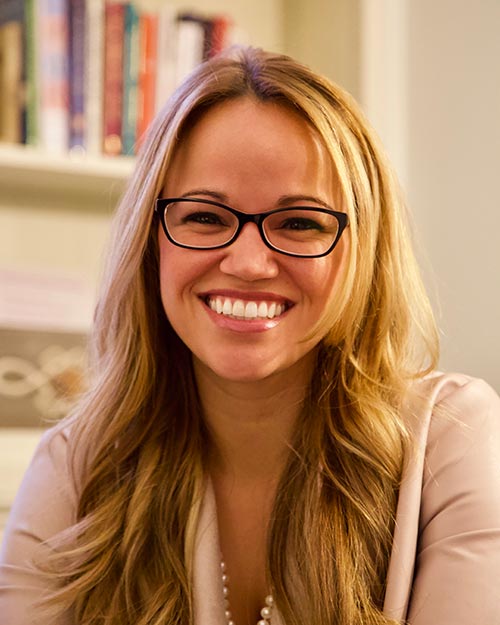Of all the emotions we deal with, grief is perhaps one of the most intense and intensely personal. While we know that loss is a part of living, when it happens, most of us aren’t really prepared for the cascade of emotions that comes. No one really “teaches” us how to grieve. Our Atlanta grief counselors have experience with this.
Grief is also a misunderstood experience. Grief is a very personal experience and people grieve in many different ways. There is no “right” way to grieve. This can be confusing because, isn’t there a way to do everything? To better understand what’s happening, here are some helpful facts.
Grief Is A Normal Emotion
Grief is a natural response to a loss, usually a death. It is both a personal experience and a universal one. All cultures recognize loss and grieving in some way. However, how grief is regarded and expressed varies widely from culture to culture. Some cultures are very public in their displays of grief. Others are much more discreet.
On a more individual level, how one experiences grief is highly personal. No two people will experience grief in exactly the same way. Culture may influence but how a person feels and manages their feelings is unique to them.
Grief Is A Process
Our Atlanta grief counselors have experience in supporting people through the process. The person grieving will experience their grief in different ways over time. In her work with terminally ill patients and their families, Dr. Elizabeth Kubler-Ross identified the five stages of grief and wrote about them extensively in her groundbreaking work, On Death and Dying. These five stages are:
- Denial
- Anger
- Bargaining
- Depression
- Acceptance
Not every person will experience every one of these stages or experience them “in order”. Some people may go back and forth between stages many times before reaching their place of acceptance. One day you might be making deals with the universe for just one more day with your loved one. The next day, you might be mad at the world for your loss. It can feel like you’ll never move forward. Fear not, you can process grief in your own time.
Grief Is Not One-Size-Fits-All
This point is a hard one. When you suffer a loss, there is no shortage of well-intentioned folks ready to tell you what to “do”: talk about it, don’t talk about it, cry, don’t cry, feel this, don’t feel that, move on…it’s so confusing!
Grief is highly personal. Our culture, our beliefs, our values, our relationship with the lost soul, our personality and more all influence how one grieves. What you feel, when you feel it, and how you choose to manage it is up to you. With that said, it is important to find ways to express your feelings in healthy ways but even that is highly personal.
Acknowledging Your Grief
An important part of understanding grief is the importance of acknowledging your grief and finding a healthy way to express it. When grief is suppressed, it doesn’t just “go away”. It remains a part of all you do and seeps into every corner of your life. But, dealing with grief is scary because when we do that, we have to touch those places that are wounded by the loss. It is through that process of allowing yourself to feel that healing happens. Some ways to begin acknowledging your grief might be:
- Be open to support. Let supportive friends and loved ones be a source of comfort.
- Talk to a trusted friend who will listen without judgment.
- Learn about grief. Knowing what to expect can ease your mind and help you understand what’s happening.
- Allow yourself to feel all the emotions you experience. It’s ok to recall happy memories of your loved one. It’s also ok to be angry or sad too.
- Be kind to yourself. Time and self-care can help you cope with the pain that you’re feeling.
- If you find yourself struggling, it’s ok to reach out to a an Atlanta grief counselor for extra support.
Understanding your grief is the first step to healing. Take your time, be gentle with yourself and know that you can find a place of healing and peace.
Resource:
Kübler-Ross, E. (2014). On death and dying: What the dying have to teach doctors, nurses, clergy and their own families. Simon & Schuster.


